Understanding Metric Bolts and Their Uses Across Industries
Created at : Sep 30, 2025
Metric bolts are one of the most common types of fasteners used in manufacturing, construction, and machinery assembly worldwide. Unlike imperial bolts, which use inch-based measurements, metric bolts are measured in millimeters, making them part of the internationally recognized ISO metric system. Their precision, consistency, and compatibility make them essential components in modern engineering.
What Are Metric Bolts?
Metric bolts are threaded fasteners that follow the metric measurement system. Each bolt’s size is defined by its diameter, pitch (the distance between threads), and length — all measured in millimeters. This standardization allows for global uniformity in manufacturing and maintenance, ensuring that components fit and perform as designed, regardless of where they’re produced.
Where Are Metric Bolts Used?
Metric bolts are used in virtually every industry that requires secure and reliable fastening. They play a vital role in:
- Machinery Assembly – Metric bolts hold together machine frames, housings, and structural components, ensuring strength and stability in high-vibration environments.
- Automotive Manufacturing – Most European and Asian vehicles are assembled using metric fasteners, from engine mounts to suspension systems.
- Industrial Equipment – Pumps, valves, and automation systems rely on metric bolts for precision and durability.
- Construction Projects – From steel framing to concrete anchors, metric bolts are used to secure structural and mechanical components.
- Marine and Outdoor Applications – Stainless steel metric bolts resist corrosion in wet or harsh environments, making them ideal for boats, docks, and coastal structures.
Advantages of Using Metric Bolts
The use of metric bolts offers several important benefits:
- Global Standardization – The ISO metric thread system allows components and assemblies to be easily maintained or replaced worldwide.
- Precision and Consistency – The metric system simplifies measurements and torque specifications, improving accuracy and quality control.
- Ease of Design Integration – Designers and engineers can confidently specify components that will fit seamlessly with other metric parts and systems.
Materials and Grades
Metric bolts are available in a range of materials and strength grades to suit specific applications:
- Steel (Grades 8.8, 10.9, and 12.9) – For high-strength industrial and automotive uses.
- Stainless Steel (A2 and A4) – For corrosion-resistant applications, including marine and food processing environments.
- Brass, Titanium, and Nylon – For specialty applications that require conductivity, lightweight properties, or chemical resistance.
Industries That Rely on Metric Bolts
Metric bolts play a critical role across a wide range of industries. In the automotive sector, they’re used for engine mounts, transmission systems, and suspension assemblies, providing the strength and precision needed for vehicle performance and safety. The aerospace industry depends on lightweight yet high-strength metric fasteners for aircraft components that must withstand extreme conditions. In manufacturing, metric bolts hold together machine tools, conveyors, and robotic systems, ensuring reliable operation in production environments. The construction industry utilizes them in steel structures, equipment mounts, and concrete anchoring applications, where durability and consistency are key. Meanwhile, the electronics sector relies on metric bolts for securely mounting circuit boards and enclosures. Finally, in marine applications, corrosion-resistant stainless steel metric bolts are essential for hardware and fittings exposed to moisture and salt, offering long-lasting performance in harsh environments.
Conclusion
Metric bolts are the backbone of global engineering and manufacturing. Their precision, reliability, and international standardization make them indispensable for a wide range of industries — from automotive and aerospace to construction and marine. Whether you’re building heavy equipment, assembling precision electronics, or fabricating industrial structures, metric bolts deliver the strength and consistency your project demands.
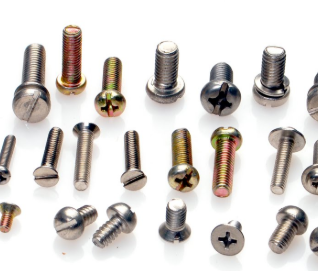 SCREWS
SCREWS
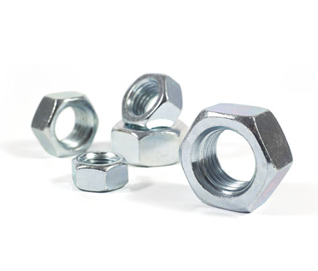 NUTS
NUTS
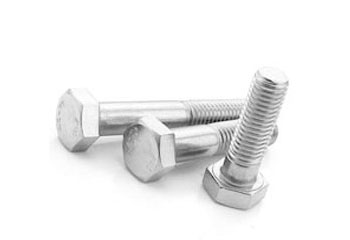 BOLTS
BOLTS
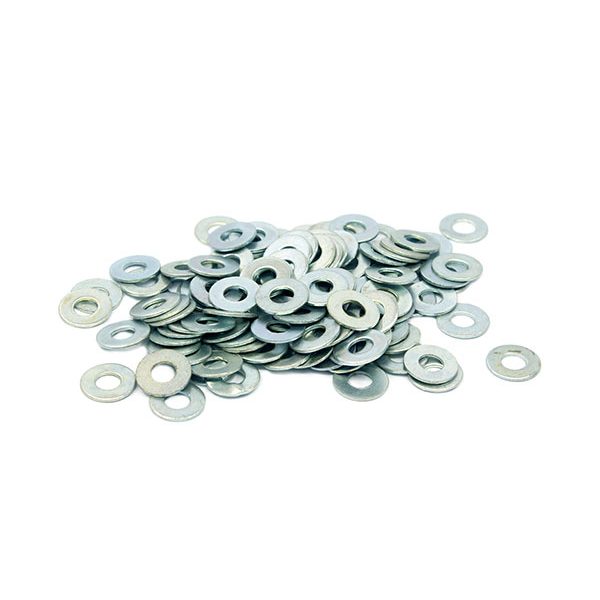 WASHERS
WASHERS
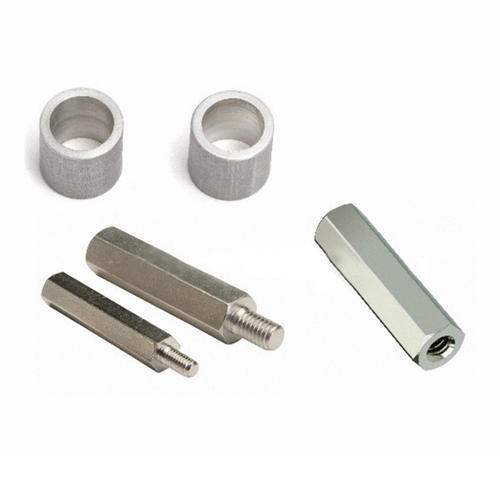 SPACERS & STANDOFFS
SPACERS & STANDOFFS
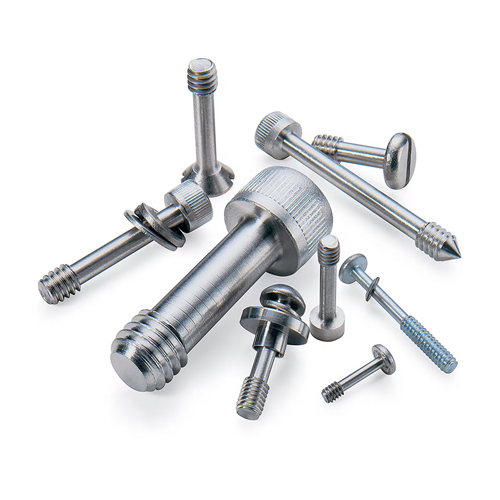 PRECISION/CUSTOM PARTS
PRECISION/CUSTOM PARTS
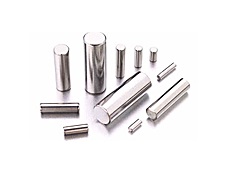 PINS
PINS
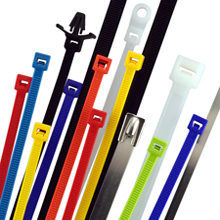 WIRE HANDLING
WIRE HANDLING
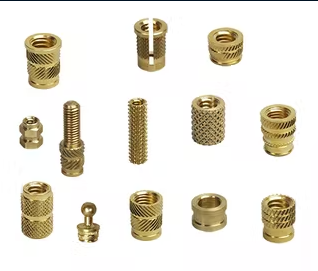 INSERTS
INSERTS
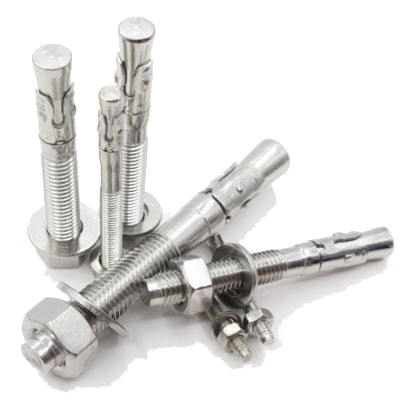 ANCHORS
ANCHORS
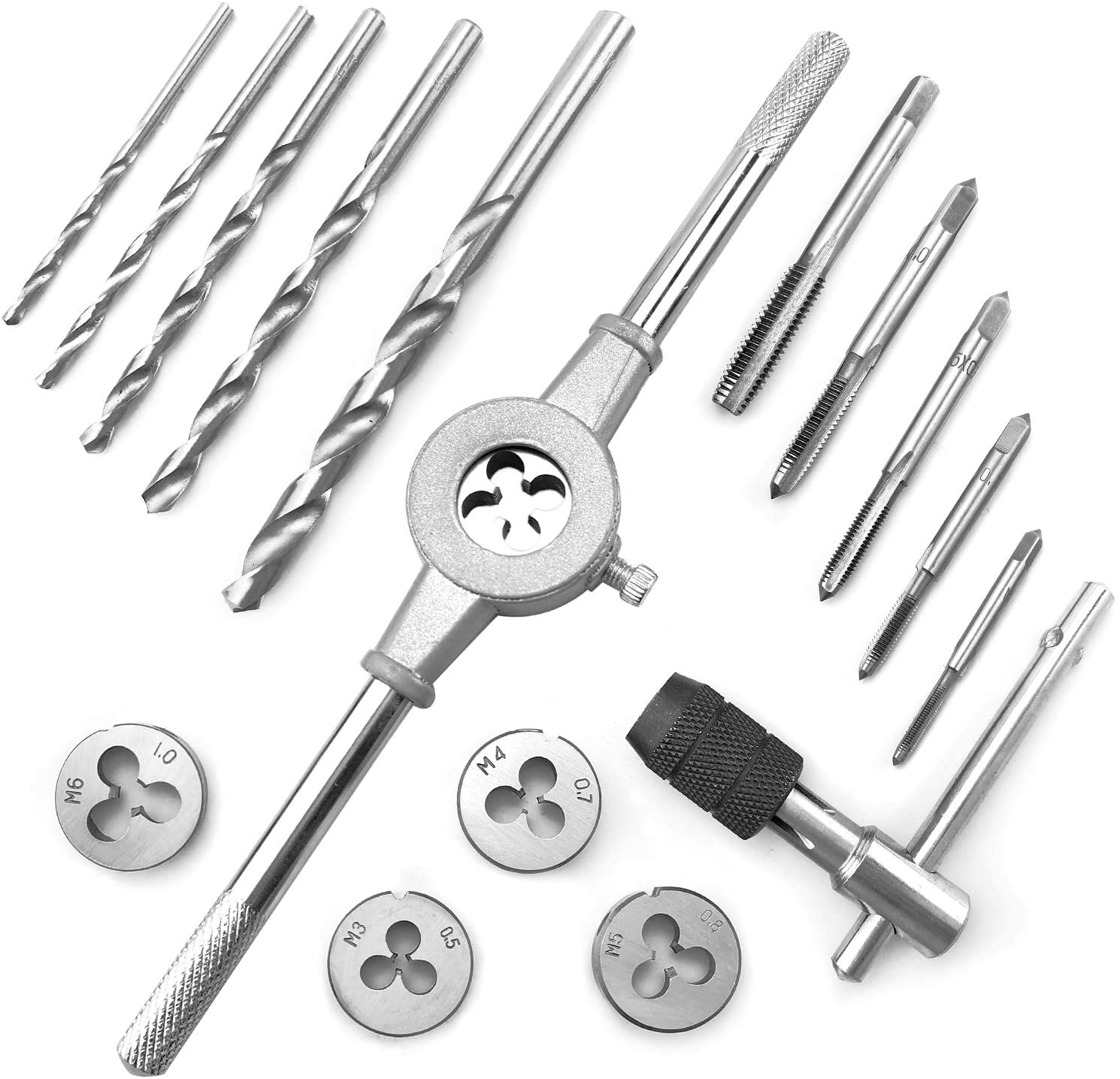 DRILL BITS, TAPS, & DIES
DRILL BITS, TAPS, & DIES
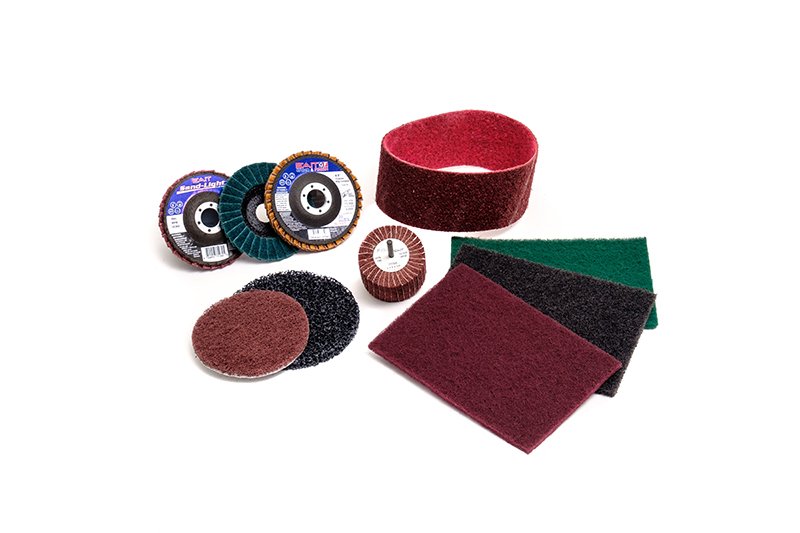 ABRASIVES & SAWBLADES
ABRASIVES & SAWBLADES
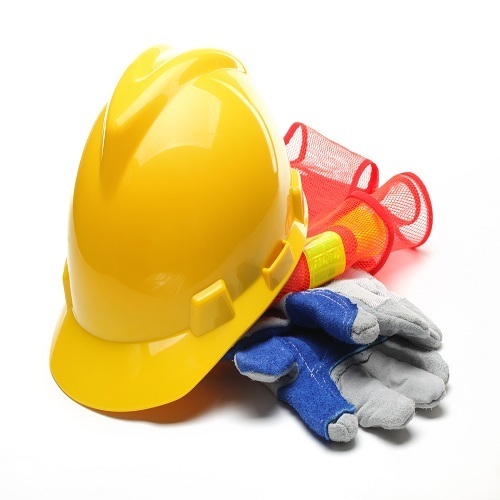 SAFETY EQUIP.
SAFETY EQUIP.
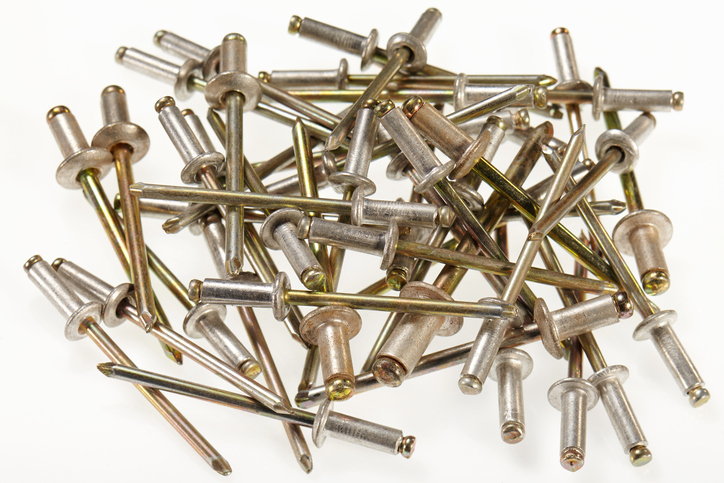 MISC.
MISC.
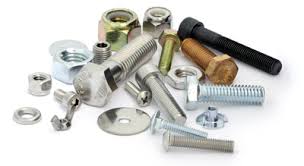 MATERIAL TYPES
MATERIAL TYPES
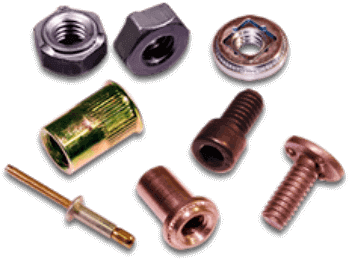 PLATING TYPES
PLATING TYPES